Replenish the Earth Through Compost! Green Tip of the Day
Welcome to day four of thinking "green" with TRI-102.5 and the Harlem Globetrotters! Read on to see today's Green Tip of the Day, then submit your own Green Tip for your chance to win Harlem Globetrotters tickets.
A lot of the time, organic materials (like weeds, produce peels, etc.) just get thrown out with the rest of the garbage. They ends up in landfills, where they produce harmful gasses like methane. And to think, those organic odds and ends could have been turned into useful fertilizer, right in your own backyard!
I'm talking, of course, about composting. My mom had a compost heap while I was growing up, and that's where we would throw most of our organic trash. In a matter of weeks, it would turn into fertilizer for mom's garden, which would always grow delicious fresh peppers, tomatoes, and even herbs like mint and basil.
It always felt so good to see the direct result of giving things back to the earth, and reaping the benefits so directly!
So, how do you get started? Follow these steps from EarthShare:
First, purchase or build a compost bin in whichever size you want to use.
Next, make sure the bin has some ventilation or air holes, otherwise microbials that thrive without air will assemble, causing an unpleasant smell. In order to successfully compost and promote the growth of microbial organisms which decay the material, allow for them their essential needs: air, water and food. Proper moisture greatly affects the microorganisms, so make sure the pile remains slightly damp but never wet.
Finally, to provide proper food, make sure that there is a good mixture of live (green) materials and dead (brown) materials.
Dump the materials in your compost bin and continue to add to the container as needed. Because the compost on the bottom of the pile is the oldest and most decayed, this should be taken out for use first. For this reason, some opt for a compost bin that tumbles with the spin of a handle to avoid unevenly decayed compost. Finished compost should resemble soil and the vast majority of the individual ingredients should not be discernable.
Keep in mind there are things that should and should not be used from compost.
DO use:
- Trimmings from your lawn and plants
- Leaves
- Kitchen waste (like peels and tea bags)
- Sawdust or wood chips
- Weeds (but be careful about live weeds that still have seeds, which can spread and choke out your compost pile. Dead weeds are fine, though!)
Do NOT use:
- Meats and bones
- Pet waste
- Wood treated with chemicals
- Weeds that resist decomposition, like ivy.
[via EarthShare.org.]
So there's our Green Tip of the Day! What's yours?

